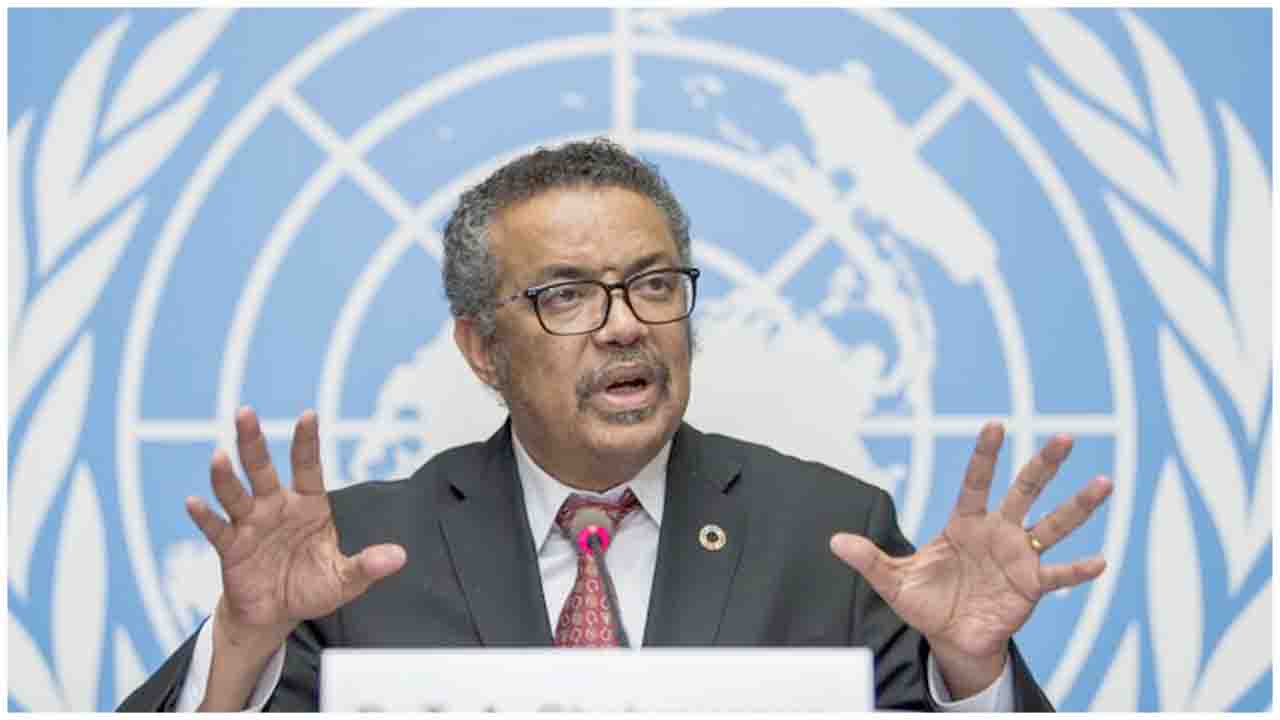New coronavirus cases had their biggest daily increase ever because the pandemic worsens globally and has yet to peak in Central America, the World Health Organization (WHO) said on Monday, urging countries to continue with efforts to contains the virus.
"More than six months into the pandemic, this is often not the time for any country to require its foot off the pedal," WHO Director-General Tedros Adhanom Ghebreyesus was quoted saying in a web briefing.
More than 136,000 new cases were recorded worldwide on Sunday, The most during a single day thus far, he said. Nearly 75% of them were reported from 10 countries, mostly within America and South Asia.
In response to an issue on China, WHO's top emergency expert, Dr. Mike Ryan, is of opinion that studies of how the outbreak has been addressed could take a back seat for a while. "We got to focus now on what we do today to stop second peaks," Ryan was quoted as saying.
Ryan also insists that "complex epidemics" in central American countries including Guatemala were still on the rise. "I think this is a time of great concern," he said, calling for strong government leadership and international support for the region. Brazil is now one among the hotspots of the pandemic, with the second-highest number of confirmed cases, behind only the US, and a price that last week surpassed Italy's.
Ryan said Brazil's data had been "extremely detailed" thus far but stressed it had been important for Brazilians to know where the virus is and the way to manage risk, which the WHO hoped communication would be "consistent and transparent".
According to Maria van Kerkhove, a WHO epidemiologist a "comprehensive approach" was imminent in South America.
More than 7 million people are reported infected with the coronavirus globally and over 400,000 have died.
"This is way from over," van Kerkhove said.
In fresh discovery, it has been noticed that half of Singapore's Coronavirus cases show no symptoms, the co-head of the government's virus task force reportedly told Reuters on Monday.
Van Kerkhove said many countries found asymptomatic cases during their contact tracing but there was no further spread of the virus.
As WHO relies heavily on experts from the U.S. Centers for Disease Control and Prevention and therefore the National Institutes of Health, Ryan, reportedly asked about technical cooperation with the US after President Trump's announcement that it had been terminating its relationship with the WHO.
"We will still do this until we are otherwise instructed or informed," he was quoted as saying.

 More than 136,000 new cases were recorded, mostly within the America and South Asia.
More than 136,000 new cases were recorded, mostly within the America and South Asia.









.jpeg)

.jpeg)
.jpeg)

.jpeg)


.jpeg)



.jpeg)
.jpeg)
.jpeg)


.jpg)


.jpeg)
.jpeg)